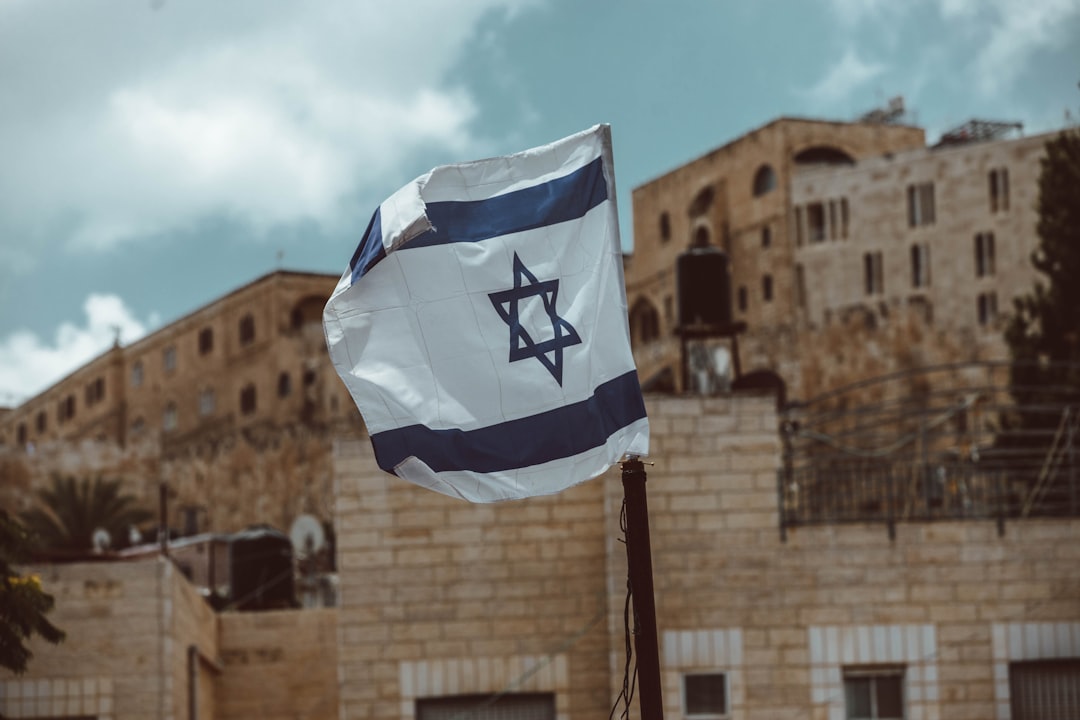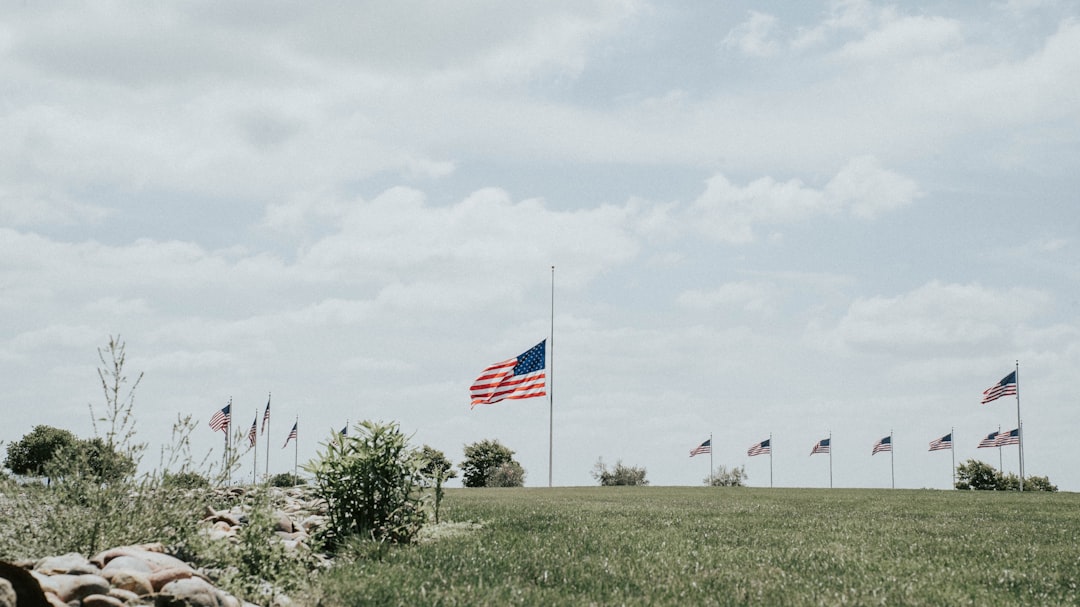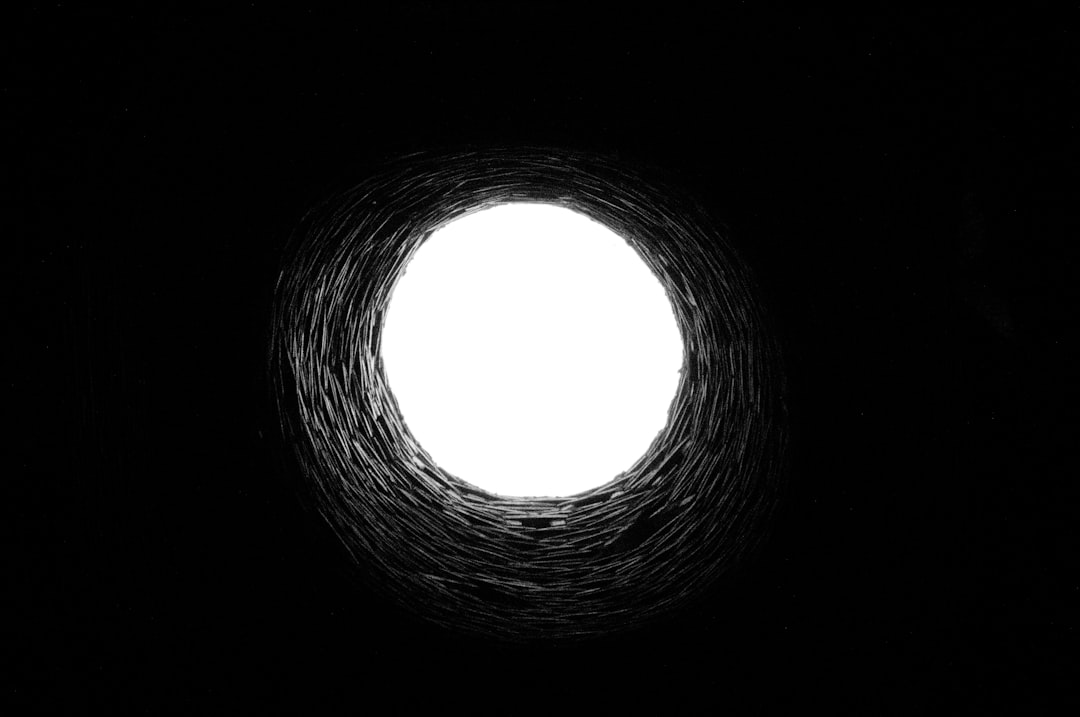
This is a common question, and it must be answered with the data of Scripture, but then that data must be digested devotionally, that is, in a way that helps us endure in faith.
I say this because this is how Peter answers this question, in 1 Peter 3:18 - biblically, and devotionally.
The biblical data goes like this. Jesus was (17) "put to death in the flesh but made alive in the spirit." In the spirit, then, verse 18, Peter says that Jesus a) went somewhere and b) proclaimed something. The original word for "proclaim" is different from the word for "preach" in 4:6. There the sense is that the gospel was "preached" to those who were once alive but have now died, that though they died, they will one day live, in the resurrection, because of their faith in that message.
Here, in 3:18, something else is going on. Jesus "proclaimed" something. This word is more an announcement. There is no call to faith and repentance - only the news that, in this case, the war is over; I won.
Who does he say this to? "The spirits in prison, [who] (verse 20) did not obey, in the days of Noah, when the ark was being prepared . . ."
Now here is a place where God calls us to do spiritual push-ups, and remain faithful to His Word, even if the answer seems strange to modern, unsupernatural ears. The only biblical explanation for what Peter is referring to is Genesis 6, and what precipitated the Flood.
Not only was the wickedness of mankind malignantly metastasizing on the earth - this was also happening in the heavenly places. The "sons of God" - another word for heavenly beings - angels - saw the beauty that God bestowed on the women of earth. And they looked at God, and looked and those women . . . and chose the women, creating a great rebellion in the heavenly places. This was large-scale, gross rebellion, for angels see the face of God.
This gives us greater understanding of what precipitated the flood and why God thought it good and right. God is not a cosmic grump, flying off the handle at a few folks running off into the bushes (though that is sin, too.) But this was rebellion spanning the breadth of the created order. These fallen angels were trying to hijack God's good creation for themselves, by creating a new race, one forbidden by God, and one meant to live without need for God. Their offspring were called the "Nephilim" - mighty men of old.
It's possible that Goliath was a descendent of the Nephilim, at least that's what the spies said when they returned in Numbers 13:33. This would mean that one of Noah's sons took a Nephilim wife or child, which is unlikely. It may very well mean that the sons of Anak and Goliath were like those of Noah's day. Regardless, all this casts a different light on what was happening then between David and Goliath. Here is the "offspring" of the Great Rebellion, wanting to stamp out God's anointed king and his "offspring," God's chosen race, whom He leads, provides for and protects via His anointed David. It is also no coincidence that Goliath's armor is like that of the scales of a dragon. Here is the cosmic battle, which began in the Garden, and broke out in Genesis 6. So it is no coincidence that David kills Goliath by crushing his head (Gen. 3:15). He is a living parable, of God's gospel.
Thus Jesus is called the Greater David, God's Anointed One, the Messiah and King, who came to slay the great giant of our age:
Luke 11:21 When a strong man, fully armed, guards his own palace, his goods are safe; 22 but when one stronger than he attacks him and overcomes him, he takes away his armor in which he trusted and divides his spoil.
Just as David beheaded the "dragon" Goliath and took his armor, so did Jesus, when he went to the cross. There he beat death by death - by absorbing on himself in death all the condemnation and wrath due to God's people, for our sins. It turns out that when his cross went into the ground at Golgotha, he was doing what David could only picture. The word "Goliath" is deeply related to the word "Golgotha". That place, which looked like a skull, was pierced by Jesus' cross. And by his death, he crushed the head of the giant that caused all our fear and loathing.
But Jesus' life is indestructible (Hebrews 7:16). Though he died in the body, Peter says (1 Peter 3:17), he was made alive in his spirit. He had finally vanquished the great rebellion. This is what he proclaims, to those spirits - the fallen angels who rebelled against God and left their place in Genesis 6. He was proclaiming His victory over their cosmic, whole-creation rebellion. He's not rubbing it in their face - He's announcing to them, too, ”It is finished."
Now, a few more bits of data. Where are they, exactly? It seems best to me to say that they are in "Hades", which was the Greek word for what the Jews would call "Gehenna." In the Old Testament, everyone goes to Sheol when they die (Gen. 37:35), the good and the bad. The "good" place was called "Abraham's bosom" (Luke 16:22), while the bad place is called "Hades," or, in Hebrew, "Gehenna," named after the trash dump outside Jerusalem that never stopped burning.
And we should note that there is some possibility of communication between the two, between "Abraham's side" (or, in Greek, Elysium) and Hades. You'll remember Jesus' parable of Lazarus and the rich man (Luke 16:22-23), where Lazarus is in the good side, and the rich man suffers in Hades.
So then, to die in Christ means to be "with the Lord" (2 Cor. 5:8), and to die apart from Christ means to exist in Hades. But in the end, even these will pass away. One day the New Jerusalem will descend from heaven, and heaven and earth will be one, a renewed Garden of Eden (Revelation 21:2-10). And at the same time, Hades itself will be thrown into the Lake of Fire (Rev. 20:14), the second death.
All of this to say this devotional point. Peter says, baptism corresponds to this (1 Peter 3:18), this being Noah's escape through the deluge of judgment through the water, by faith. Baptism is a plea to God for a clean conscience, through the resurrection of Jesus. For Jesus did not stay in Hades. On that first Sunday, God raised him from the dead, making him alive in spirit and in a glorified body, in which he ascended back to the Father's right hand.
Thus that clean conscience assures us of this: that we, by faith, will follow Jesus' path. All of it.
Thus we can lean into the pain we may experience for doing good in this age, knowing that it will only come back to serve us and lead us to resurrection glory. This is the larger pastoral point that Peter is making 1 Peter - that we would not shrink from pain, and that we would not even just tolerate it, but that we would lean into it, the way Jesus did, knowing that it will lead us down Jesus’ path.
We will escape the judgment and will ascend to glory and honor and immortality (Rom. 2:7). Thus we can face our giants today and slay them in jolly, triumphant joy. Not that we see that triumph yet - we apprehend it by faith - faith that yes, first there is the cross. But on the other side of the cross there will be triumphant glory.
By this faith we will slay our giants, too. And one day, all that is subjected under the feet of Jesus will be under our feet too. So then, Peter makes this application:
1 Peter 4:1-2 Since therefore Christ suffered in the flesh, arm yourselves with the same way of thinking, for whoever has suffered in the flesh has ceased from sin, 2 so as to live for the rest of the time in the flesh no longer for human passions but for the will of God.
Soli deo gloria!









